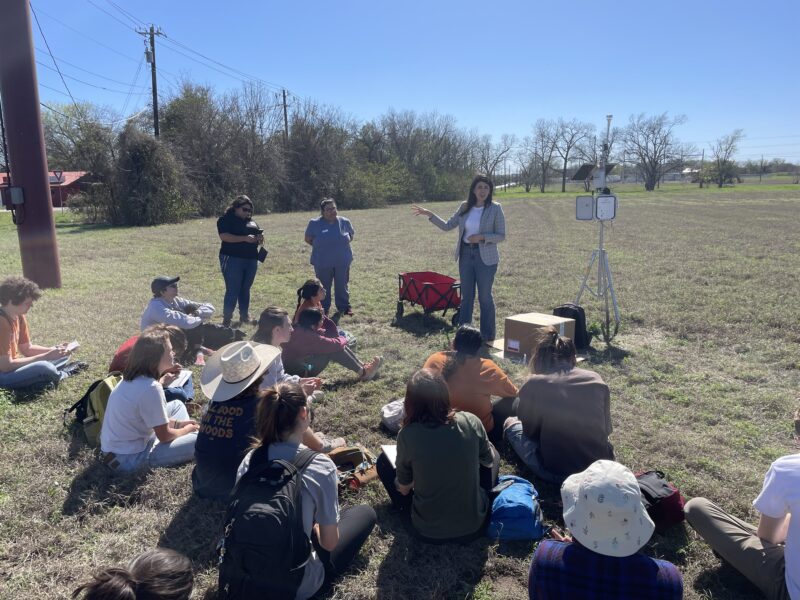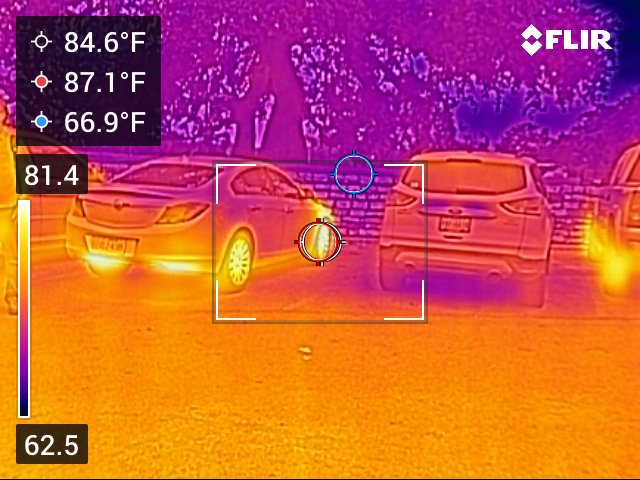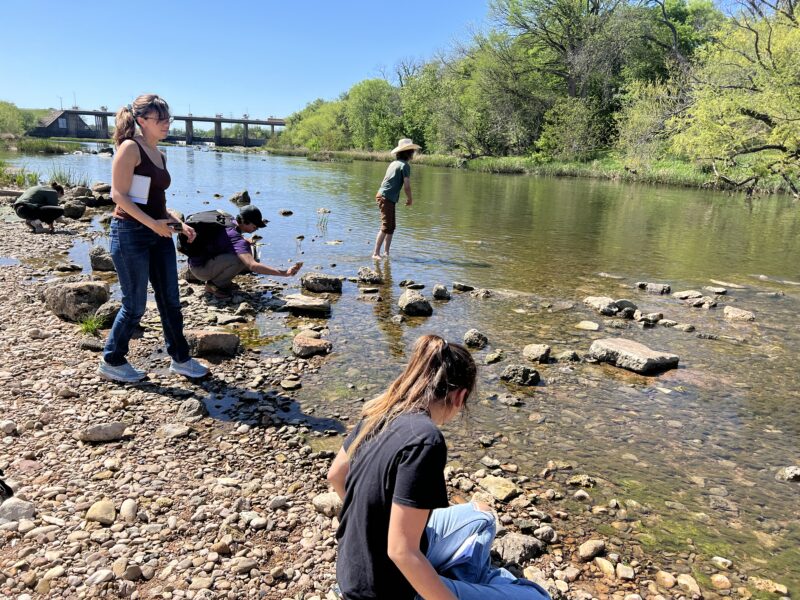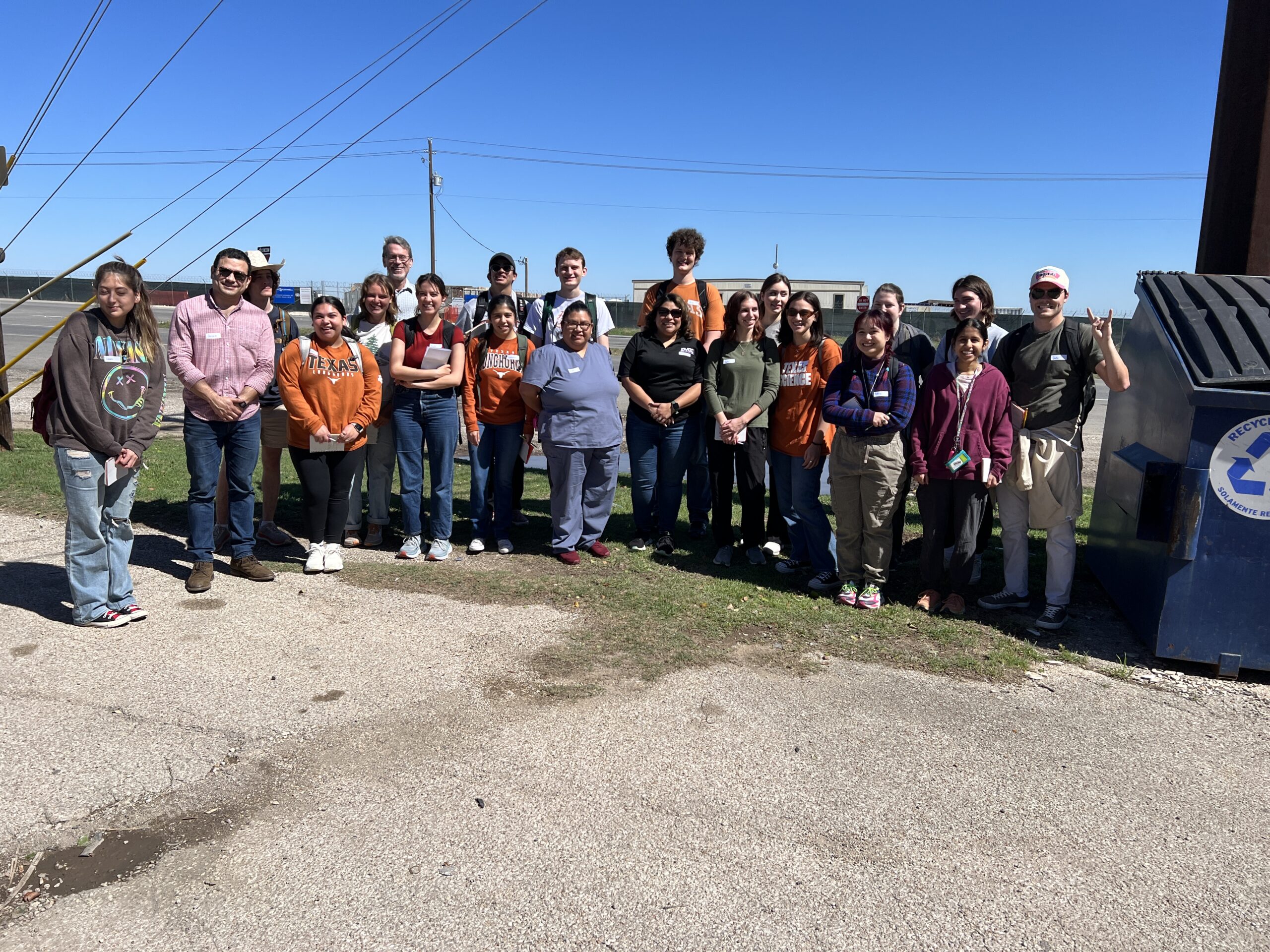Spring 2024 course: GEO 371T – The Science of Environmental Justice
Course description
Central to advancing environmental justice (EJ) is understanding the physical, chemical, biological, and other environmental processes that lead to the inequitable impacts of environmental degradation. This field-based and research-based course explores the scientific basis for understanding these inequitable impacts through lectures and case studies, including field-based investigations focused on natural and social history, water quality, urban heat, and flooding in Austin-area communities.
This course carries the Ethics and Leadership Flag, and it is cross-listed as GEO371T for undergraduate students and GEO391 for graduate students. A STEM background is not required. The course will be closely associated with Project CRESSLE activities. Click here to see a student’s perspective on the course field exercises.
Instructors
Professor: Jay Banner
Teaching Assistant: Rodrigo Leal
Questions about the course? Ask Jay Banner at banner@jsg.utexas.edu
Info for registering for the course here
Topics
Environmental justice, climate change, climate mitigation/adaptation, critical race theory; Austin’s history: geologic, evolution, peoples, policy, urban development; approaches to community engagement; Central Texas water resources and water quality, environmental policy, advocacy, eco-therapy, air quality, public health impacts
Previous field exercise locations
Waller Creek, Holly Street Power Plant, Boggy Creek, East Austin Tank Farms, ABIA Tank Farms, Onion Creek, Montopolis neighborhood, Mt. Bonnell, Barton Springs, Colorado River / Lady Bird Lake, N. Mopac archeological site
Research techniques
Water quality analysis, Microbial source tracking, Air quality monitoring, Heat mapping, Flood risk analysis
Learning objectives
By the end of this class, you should be able to:
- Reconstruct the history of racism in Austin and at UT and how this influenced planning and policy.
- Describe the geologic processes that developed the landscapes and hydrologic systems of surface water and groundwater in central Texas.
- Conduct measurements of environmental parameters such as water and air quality and heat.
- Assess the quality of such measurements.
- Conduct an analysis of such measurements to determine potential anthropogenic and natural sources of constituents.
- Identify challenges to a community’s water and climate resilience.
- Hypothesize how challenges to water and climate resilience are a function of disproportionate impacts on historically underserved and underrepresented communities.
- Propose a valid Participatory Research project to address an environmental issue of community concern.
- Identify a collaborative team of university researchers, community members, and associated stakeholders for a Participatory Research project.
- Navigate networks of environmental and social justice organizations.



